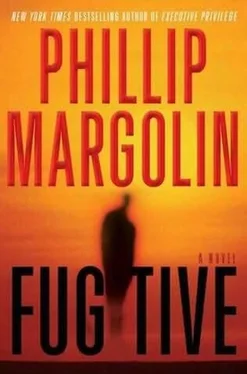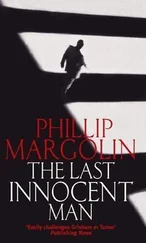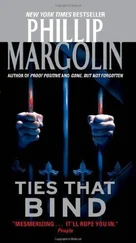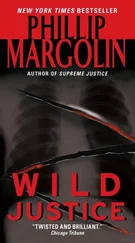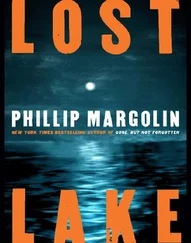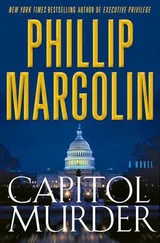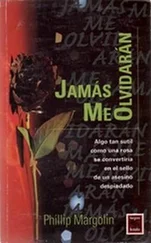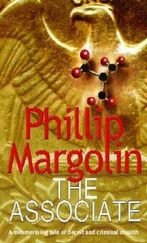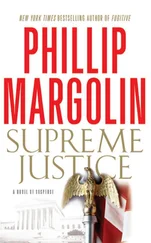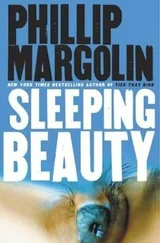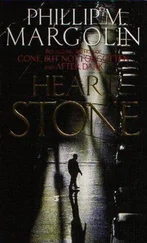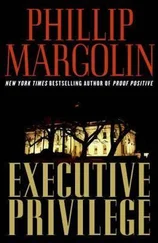“What did you think of the opening statements?” Frank asked as he packed up his papers.
Amanda cast a nervous eye at Frank’s client. “Can I be honest?”
“Please,” Sally said.
“Burdett kicked your butt, Dad.”
Frank responded with a hearty laugh. Sally seemed amused by Amanda’s cheeky reply.
“Out of the mouths of babes,” Frank said.
“Hey, I call ’ em like I see them.”
“You called this one correctly.” Frank sighed. “My statement was vague because I’m still in the dark about the state’s case and I didn’t want to commit to a defense theory that Burdett can destroy.”
“I thought the DA outlined his case pretty thoroughly.”
“He’s holding something back. There are two witnesses on his list who don’t have police reports and I’m scared to death of what they’re going to say.”
“Who are they?”
“Tony Rose and Otto Jarvis. Jarvis is a lawyer. He refused to meet with Herb, and Mrs. Pope has no idea who he is.”
“Who’s the other witness?”
“Tony Rose, the tennis pro at the Westmont Country Club.”
Now it was Frank’s turn to hesitate.
“Go ahead, Frank,” Sally said. “Your daughter seems pretty savvy.”
“Rose and Mrs. Pope had a…relationship. That might be why Burdett is going to call him. But Rose refused to talk to Herb even after Herb told him that we knew about the affair. That makes me very nervous.”
DURING THE FIRST week of the trial Burdett called witnesses who established that Junior married Sally Pope after she became pregnant. Then he proved that Sally’s affair with Charlie Marsh started shortly before Junior was murdered, by using the testimony of Delmar Epps, who told the jury about Marsh’s trip to the Pope home on the evening of the Dunthorpe seminar and her visit to Marsh’s penthouse suite. Epps corroborated the testimony of the waiter who saw Marsh with the ivory-handled Magnum at the hotel and said he left the gun in the limo when he got out of the car.
Next, Burdett called John Walsdorf, who told the jury how the fight between Congressman Pope and Charlie Marsh started and how Delmar Epps, Werner Rollins, and the security guards were involved. While cross-examining Walsdorf, Frank established that the manager of the Westmont watched his client during the melee and saw her running toward her husband when the shot that killed him was fired.
After Walsdorf testified, the prosecutor proved that Charlie’s Magnum fired the fatal bullet. Witnesses from the Westmont told the jury that they had seen Charlie standing in a group on the other side of the turnaround. Some of these witnesses saw a flash come from that area just before they heard a gunshot and saw the congressman collapse. Werner Rollins testified that he was standing near Marsh and saw him fire the murder weapon.
Frank didn’t ask many questions during this phase of the case. Charlie had plenty of reasons to shoot Junior that had nothing to do with a complex murder plot. Arnie Jr. had punched him in the face and was running toward him to do more damage when the fatal shot was fired. In closing, Frank planned to argue that Charlie Marsh acted alone.
EARLY ON THE fifth day of trial, Burdett called Otto Jarvis to the stand. Jarvis did not look well. He was fat and sloppy and he had a waxy complexion. His sparse gray hair was arranged in a bad comb-over and his white shirt bore faint coffee stains. Jarvis’s hand shook when he was sworn in and the lawyer looked away when Frank tried to make eye contact.
“Mr. Jarvis,” Burdett asked, “what is your profession?”
“I am an attorney-at-law,” Jarvis said with as much dignity as he could muster.
“How long have you been in practice?”
“Thirty-five years.”
“Where is your office?”
“In Portland.”
“Do you specialize in any area of law?”
“Yes, sir. About three-quarters of my practice involves family law.”
“Does a lawyer who practices family law represent parties who wish to obtain a divorce?”
“Yes, sir.”
“Mr. Jarvis, were you acquainted with the deceased, United States Congressman Arnold Pope Jr.?”
“I was.”
“When did you become acquainted with him?”
“About two weeks before he died,” the lawyer answered.
“Where and when did you meet?”
“We met at three in the afternoon on a Wednesday in a tavern in Tualatin,” Jarvis said, naming a suburb a short ride from Portland.
“That seems like an odd place for a member of the United States Congress to confer with an attorney.”
“Yes, well, Mr. Pope didn’t want anyone to know about the meeting.”
“Why is that?”
“He was thinking of getting a divorce and he didn’t want the press-or anyone else-to find out.”
“Was there anything unusual about the way the congressman was dressed when he met you?”
“Yes. He was disguised. He wasn’t wearing a suit. He had on old, baggy jeans and a jacket with the collar turned up and sunglasses and a baseball cap. He kept on the jacket, cap, and glasses all the time we were talking.”
“Was there one person in particular Congressman Pope wanted kept in the dark about your meeting?”
“His wife.”
“The defendant, Sally Pope?” Burdett asked.
“Yes, sir.”
“Why didn’t he want his wife to know?”
“He was afraid of her…”
“Objection,” Frank said.
“Goes to state of mind, Your Honor,” Burdett said.
“I’ll allow the question,” Judge Hansen ruled.
“You were saying?” Burdett continued, flashing a smirk at Frank.
“He was afraid of what she would do if she found out he was going to divorce her.”
“Was he specific about his concern?”
“Yes, sir. He said he was afraid she would have him killed.”
“Objection,” Frank boomed.
“Yes, Mr. Burdett,” Judge Hansen told the prosecutor. Then she turned her attention to the jury.
“Ladies and gentlemen, I am striking that last answer. You are to disregard it.”
Fat chance, Frank thought.
“What happened at the meeting?” the prosecutor asked.
“We talked about the financial ramifications of the divorce and custody. The Popes had a young son.”
“Did the congressman make a decision about what he was going to do at the meeting?”
“No. Just before he left he said he’d get back to me.”
Burdett turned toward the defense table. “Your witness, Mr. Jaffe.”
“Mr. Jarvis, did you tell anyone about this secret meeting with Mr. Pope?”
“No.”
“So, only you and the congressman knew about it?”
“I don’t know if the congressman told someone about it, but I didn’t.”
“Mr. Jarvis, how many people are in your firm?”
“I’m a sole practitioner. So it’s just me.”
“You said that the congressman discussed the financial ramifications of a divorce from Mrs. Pope.”
“Yes.”
“There would have been several million dollars involved, wouldn’t there?”
“Yes.”
“How much money were you discussing?”
“Uh, I don’t recall exactly.”
Frank leaned back and smiled at the witness. “In the past, oh, say, five years, how many divorce cases have you handled involving many millions of dollars?”
Jarvis flushed and looked down. “Uh, I’m not certain.”
“Maybe I can help. If I told you that I had my investigator review every divorce case you’ve filed in the past five years and he told me that he could only find six such cases, all involving sums of less that two million dollars, would that surprise you?”
“Uh, no.”
“You don’t normally handle big-ticket divorce cases, do you?”
“No, not normally.”
“And you don’t normally represent prominent members of the Oregon community, do you?”
Читать дальше
